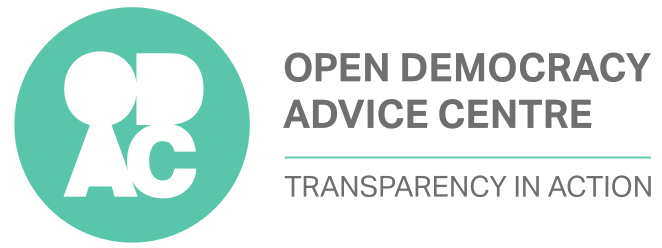Background
Mr. Motingoe was employed as the head of Legal Services at the Department of Infrastructure and Public Works in the Northern Cape.
He was originally suspended by the MEC on 22 November 2013. In 2013 Mr Motingoe made a protected disclosure regarding alleged irregularities of the HOD with the tender process of a civil construction work/project at the Theekloof-pass. Instead of receiving support for his disclosure, he was exposed to occupational detriment. He challenged this suspension as an unfair labour practice in the bargaining council. This was the subject of the arbitration award. The main part of the order of relevance to was:
The Respondents is hereby ordered to uplift the Applicant’s suspension with immediate effect (within seven (7) days) after receiving a copy of this award, and to reinstate the Applicant to his position as Director: Legal Services and/or to a suitable alternative position under the supervision of the Chief Director: Corporate Services. The Applicant to report directly to the Chief Director: Corporate Services pending the adjudication of the dispute referred to the Labour Court under case C373-14/judgement and/or pending the finalization of the disciplinary hearing.
The award clearly ordered the employer to uplift the suspension. This did not happen. Running concurrently with the arbitration process was the Labour Court process in which the client challenged both the suspension and the disciplinary inquiry as occupational detriments.
On 6 January 2015 the employer’s lawyers served with an application for leave to appeal against the labour court judgment. The next day (7 January) Mr. Motingoe was served with another suspension letter dated 12 January 2015, worded in virtually identical terms as the first. This time the suspension was signed by the head of department and no explanation was offered for this. Factually, instead of uplifting the suspension as ordered by both the arbitrator and the court, the employer issued another suspension without first annulling the first suspension on exactly the same terms (serious misconduct for the release of confidential information in contradiction of 2.7(2)(a) of the SMS Public Service Handbook).
The Department was not been granted leave to appeal.
What happened today
An urgent ex parte application for contempt of court was brought today in the Labour Court in Cape Town by ODAC on behalf of our clienf, Mr. Motingoe, for the gross contempt of court demonstrated by the re-institution of his suspension. The order (see attached order) was granted by Judge Rabkin-Naicker, and a return date of 7 August has been set down when the HOD and MEC of Public Works in the Northern Cape must explain why they are not in contempt of court.
What this means
While the MEC and HOD will now have an opportunity to file reasons as to why the contempt of court order should not be granted, today was an important victory for the whistleblower - Mr. Motingoe. Our research has repeatedly demonstrated that whistleblowers are vulnerable to a variety of threats and harassment. The decision to continue the suspension of Mr. Motingoe by the Department of Public Works in the Northern Cape not only demonstrated a gross contempt for the court that gave the order, but also perpetuated the indefensible abuse of legitimate whistleblowers who seek to make disclosures (such as that made by Mr. Motingoe) for the furtherance of the public good.
